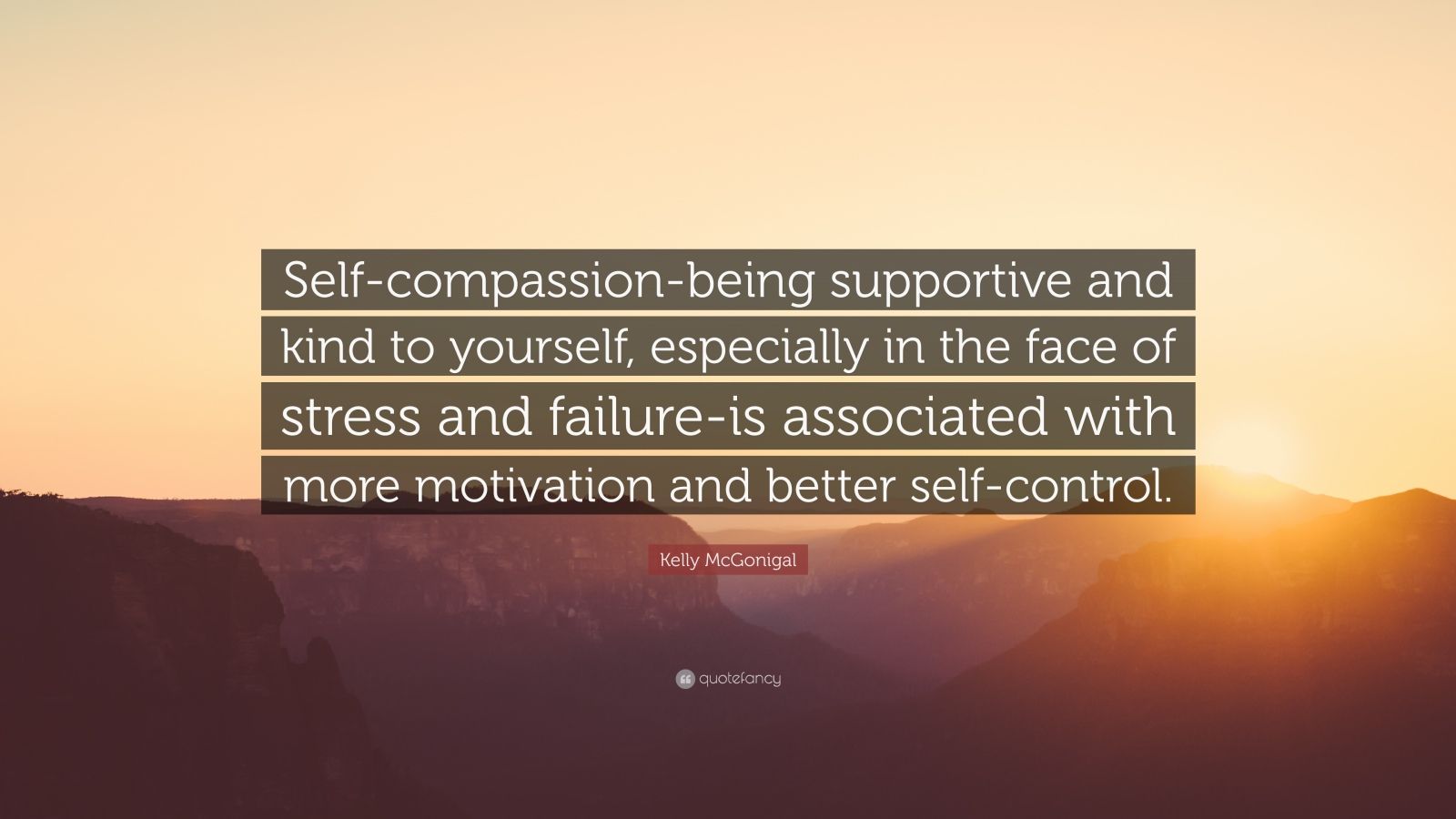

The most common and strongly experienced desires are those related to bodily needs like eating, drinking, and sleeping. Over one week, 7,827 self-reports of desires were collected and indicated significant differences in desire frequency and strength, degree of conflict between desires and other goals, and the likelihood of resisting desire and success of the resistance. New research looked at what people desire in real world settings. A limitation to research on desire is the issue of individuals desiring different things. A desire becomes a temptation when it impacts or enters the individual's area of self-control, if the behavior resulting from the desire conflicts with an individual's values or other self-regulatory goals. Temperance, or sophrosyne, has been described as a virtue by philosophers and religious thinkers, from Plato and Aristotle to the present day, and more recently by psychologists, particularly in the positive psychology movement.ĭesire is an affectively charged motivation toward a certain object, person, or activity, but not limited to, that associated with pleasure or relief from displeasure. 4.2 Outcomes as determining whether a choice is made.3.1 Physical restraint and physical aid.

About 70% of the variance in questionnaire data operationalizing one construct of self-control had been found to be genetic. Individuals with low self-control tend to be impulsive, insensitive towards others, risk takers, short-sighted, and nonverbal. Gottfredson and Hirschi define self-control as the differential tendency of individuals to avoid criminal acts independent of the situations in which they find themselves. The theory was developed by Michael Gottfredson and Travis Hirschi in their book titled A General Theory of Crime, published in 1990. Self-control is also a key concept in the general theory of crime, a major theory in criminology. However, in the long term, the use of self-control can strengthen and improve over time. In the short term, overuse of self-control will lead to depletion. According to studies, self-regulation, whether emotional or behavioral, was proven to be a limited resource which functions like energy. Self-control is thought to be like a muscle. Ī related concept in psychology is emotional self-regulation. As an executive function, it is a cognitive process that is necessary for regulating one's behavior in order to achieve specific goals. Self-control, an aspect of inhibitory control, is the ability to regulate one's emotions, thoughts, and behavior in the face of temptations and impulses.

Short description: Aspect of inhibitory control


 0 kommentar(er)
0 kommentar(er)
